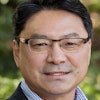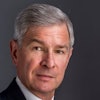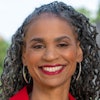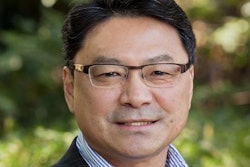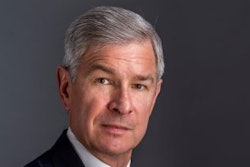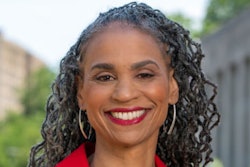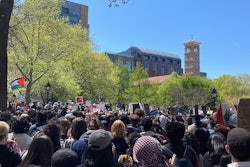It is perplexing that responsible media outlets, respected reporters, and some advocates for subsets of the membership of the National Association for Equal Opportunity in Higher Education (NAFEO) would escalate a discussion about the impact of President Obama’s policies on historically Black colleges and universities (HBCUs) at this critical juncture in election 2016.
To do this just weeks before the 2016 election, in which the social and economic fabric, and indeed, the very soul of this nation are at stake, is a destructive distraction. President Obama is not on the ballot, but the two leading candidates with very different views with regard to values, action and vision are, and other candidates are running in every state in the union.
We must focus on educating the HBCU community and its allies on the platforms, policies and values of these candidates, and urge campus communities to lead in educating and delivering to the polls those who share our vision of a world-class education pathway. That pathway begins with pre-K and leads through a diverse, dynamic, accessible, affordable, adaptable and relevant postsecondary education and to rewarding employment, entrepreneurship, and/or service opportunities.
We in the HBCU community and the Black community at-large should expend our energies working to achieve a record voter turnout to counterbalance the expected throngs of voters who will go to the polls, excited and galvanized by the idea of turning back the clock to America’s darkest days when racism, sexism, classism, ableism, ageism, heterosexism, micro-aggressionism, and faithism were the order of the day. It is counterproductive at this juncture to elevate the important discussion about President Obama’s impact on HCBUs. Now is not the time.
Because people of least advantage and people of color have limited, organized economic power, we must counterbalance the overwhelming and concentrated economic power of a few by having and effectively using organized political power.
Political power is primarily how we ― in our participatory democracy ― elect or appoint lawmakers and judges to write, execute and interpret legislation that is for the greater good and for the greatest number of people. To fully leverage our political power, we must educate, register and deliver to the polls every eligible voter who supports HBCUs, their core constituencies and shares their vision of bringing people together to realize our oneness.
We must elect people who have a vision and an understanding of why America needs thriving HBCUs, through which diverse students and communities are offered the tools, know-how, abilities, skills, and values necessary to succeed in today’s diverse, globally interdependent and technologically advanced world.
